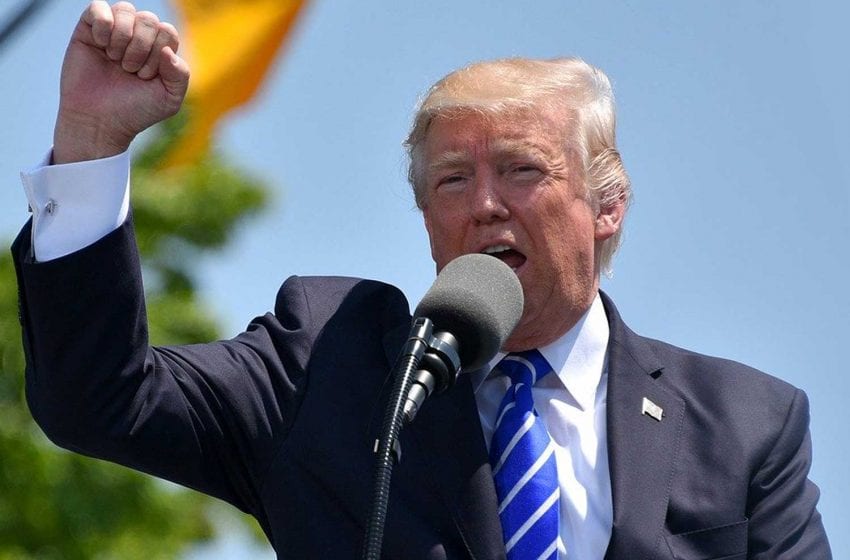Tobacco and vape manufacturers have had little success battling the Food and Drug Administration (FDA) in the majority of appeals courts around the country. However, one place where they have enjoyed modest success is the Fifth Circuit which is located in Louisiana and also governs Mississippi and Texas, and is widely considered the most conservative court in the country. That so many such cases are ending up in the Fifth Circuit is “forum shopping” and shouldn’t be allowed according to the government, an argument that was presented to the Supreme Court January 21.
The case revolves around R.J. Reynolds Vapor (RJR), a subsidiary of British American Tobacco, a company based in North Carolina, which has found little success battling the FDA in its home Fourth Circuit. Under the Family Smoking Prevention and Tobacco Control Act, manufacturers must get marketing authorization from the FDA before introducing new tobacco products into interstate commerce, and any appeals must be made in either the plaintiff’s home circuit or the D.C. Circuit. The agency previously denied Reynolds’ authorization for flavored e-cigarette products out of concerns for public health. As such, RJR joined several retailers it supplies in Texas and Mississippi and filed its lawsuit in the friendlier Fifth Circuit, a court that has deviated from seven other circuits including the Fourth Circuit and the D.C. Circuit which upheld the FDA’s bans on flavored e-cigarettes. The FDA argued the venue should be based on the location of manufacturers, not the countless retailers.
“They have circumvented that ability of a court to identify the most convenient forum,” the government said. “By allowing them to use the tactic that they have used, they can unilaterally send the cases to whichever court they prefer.”
Justice Clarence Thomas, a George H.W. Bush appointee, suggesting the government had a bias against the Fifth Circuit, asked, “Does it have anything to do with your not winning in the Fifth Circuit?”
The government said more than a dozen e-cigarette companies filed appeals in the Fifth Circuit last year. “In 2024, by our count … about 75% of e-cigarette cases were filed all in the Fifth Circuit, all of them by out-of-circuit applicants trying to use the tactic that was approved in the decision below,” said Vivek Suri, assistant to the solicitor general at the Justice Department. “What’s happening now is all of these applicants, whether they’re in California, Michigan, Ohio, or even China, are going to the Fifth Circuit to sue.”
“Congress was trying to ensure that these kinds of cases go in certain forums or they’re being litigated all over the country and not just in one place chosen by the defendants,” Justice Ketanji Brown Jackson, a Joe Biden appointee, said, suggesting companies were using loopholes to undermine Congress’ venue limitations.
Kelsey Reichman, writing for the Courthouse News Service, said, “The high court was skeptical that local retailers should be completely barred from challenging marketing denials keeping flavored vapes off store shelves, but their bigger concern stemmed from the potential ripple effects of the case … concerned that a broad venue ruling in this case could touch hundreds of other statutes.”
“Some of the amici claim that there are as many as 650 review provisions that are similar to the one here,” Justice Samuel Alito, a George W. Bush appointee, said. “Can you tell us how many of those would be subject to the limitation that you just set out?”
The government suggested a narrow ruling limited to the Tobacco Control Act. By the end of the argument session, this seemed to be the most likely resolution to the dispute, Reichman said.
However, some of the justices questioned whether this was solving the government’s actual complaint. Justice Neil Gorsuch, a Donald Trump appointee, said even if the court prohibited companies from piggybacking on retailer lawsuits, manufacturers could use other tactics to put cases before their preferred court.
“What would stop manufacturers from simply funding retailer suits?” Gorsuch asked. “We’d end up in exactly the same place. Third-party funded litigation is not unknown in this country.”










